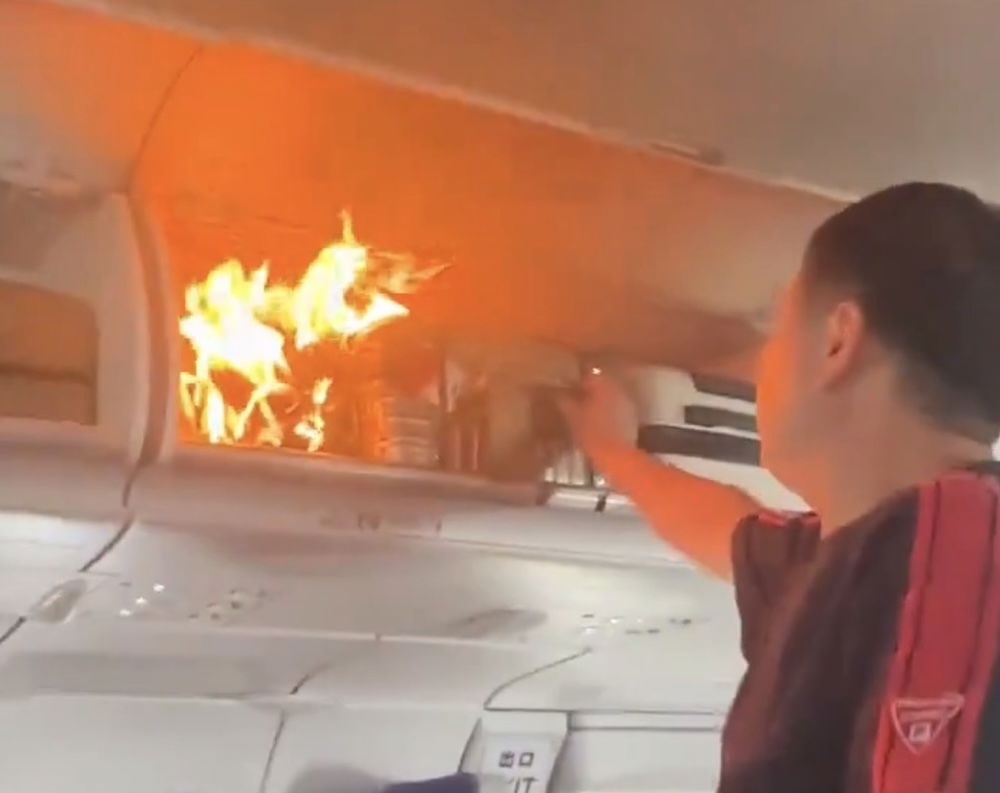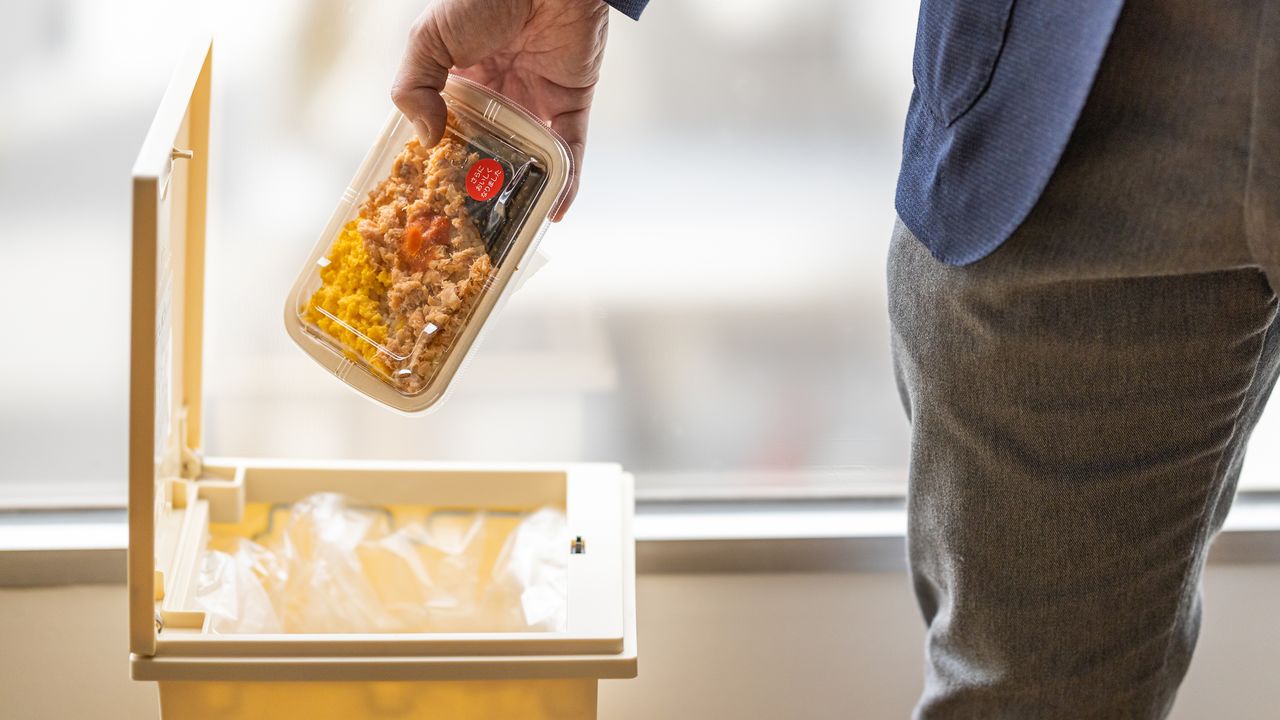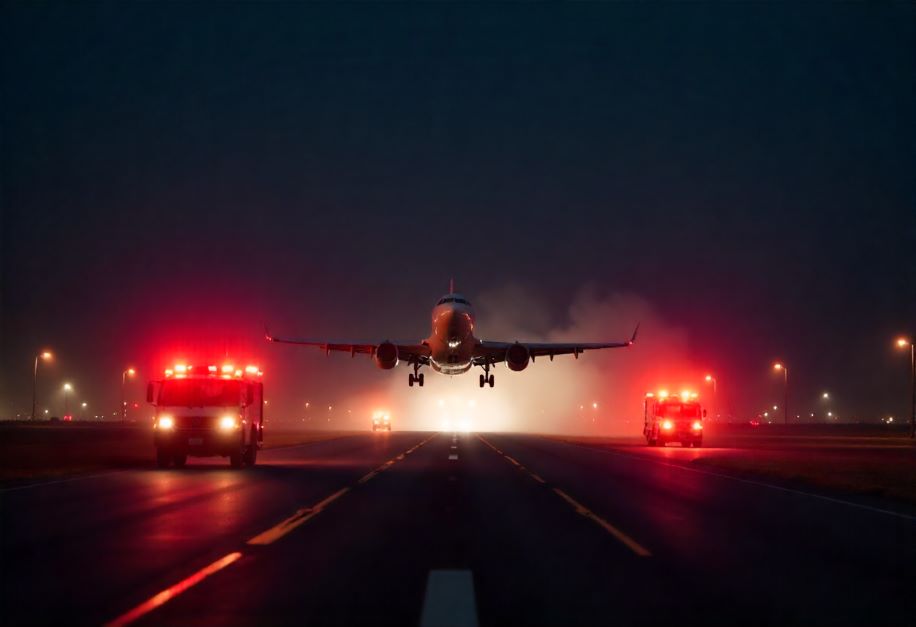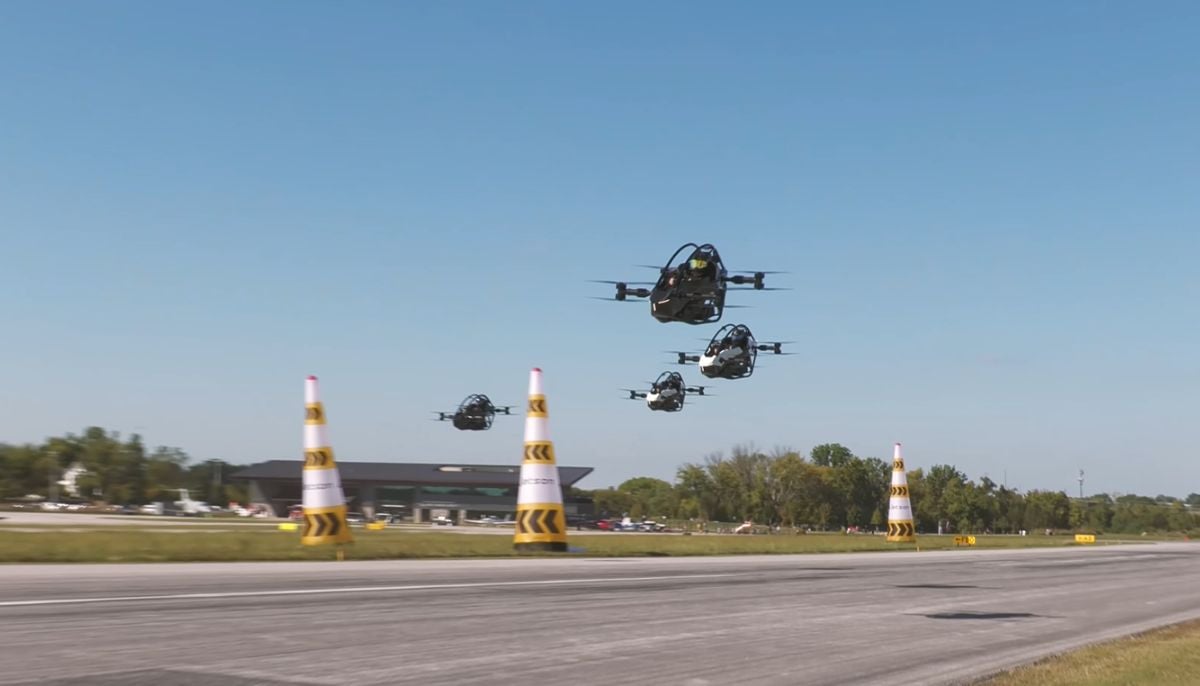Shocking In-Flight Fire: Lithium Battery Sparks Chaos on Air China Flight!

Imagine soaring 33,000 feet above the ground when suddenly, flames erupt from the overhead bin. That’s exactly what happened on Air China flight CA139, leaving passengers and crew in a state of panic. On October 18, 2025, the flight, originally bound for Seoul, was forced to divert to Shanghai after a lithium battery ignited inside a passenger's carry-on bag.
Taking off from Hangzhou at 9:47 AM local time, this eight-year-old Airbus A321 quickly climbed to cruising altitude. But just minutes into the flight, chaos unleashed when a battery in the overhead compartment caught fire, engulfing the cabin in smoke and flames. Thankfully, the skilled crew contained the blaze and safely landed the plane at Shanghai Pudong International Airport just 1 hour and 18 minutes post-departure.
In a statement, Air China confirmed, "A lithium battery spontaneously ignited in a passenger’s carry-on luggage stored in the overhead bin on flight CA139. The crew immediately handled the situation according to procedures, and no one was injured." Talk about a close call!
Fire incidents like these are becoming alarmingly common, particularly due to the notorious risks posed by lithium-ion batteries. These batteries can experience thermal runaway—an uncontrollable chemical reaction that causes them to overheat and catch fire. That’s why airlines always remind passengers to declare any lithium batteries in their luggage during check-in.
While crews are trained to handle cabin fires, the thought of such an incident occurring in the cargo hold is terrifying. Without immediate access or firefighting equipment, the consequences could be catastrophic. It raises the unsettling question: how long will it be before a lithium battery fire in the cargo area turns deadly?
This incident serves as a stark reminder of the potential dangers lurking on board. So, when you pack for your next flight, think twice about that spare battery. After all, what happened on flight CA139 could have been much worse.

























